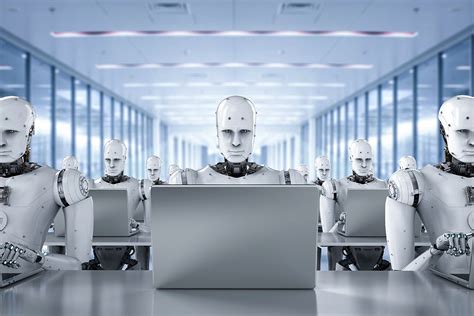In recent industry discussions, there’s been a provocative claim that resonates with many tech professionals: ‘We need 70% fewer coders as AI handles most of the coding.’ This statement certainly grabs attention and pushes us to rethink the implications of automation in software development. How will AI reshape job markets, and what does productivity truly look like in an AI-assisted world?
One perspective, often voiced in forums and discussions, grapples with the immediate practicality of significant workforce reductions. Are we indeed at a juncture where seven out of ten coders can be made redundant due to AI’s coding prowess? Many argue that this claim might be exaggerated. If AI can replace that many coders, it points to either the exceptional advancement of AI or an initial overstaffing by companies with underperforming coders. Indeed, the quality of the workforce and the tasks they are assigned come into sharp focus when discussing such sweeping changes.
It’s also vital to recognize the nature of most coding jobs today. In large corporations, coding involves more than just writing lines of code. Roles are heavily collaborative and require significant human interaction—discussing requirements, getting approvals, coordinating changes among teams, and more. Thus, the proportion of the job that pure coding occupies is relatively small, and AI can, at best, only partially automate these activities. AI can efficiently handle repetitive, well-structured tasks but struggles with the more nuanced aspects of software development, such as debugging complex systems, understanding unique business contexts, or navigating the intricate politics of organizational decision-making.
Then there’s the matter of **supervision** and **validation**. Reviewing AI-generated code is almost as demanding as writing it from scratch. Understanding and ensuring the correctness of a million lines of AI-written code involves deep expertise and meticulousness. This mirrors the challenges faced in industries like autonomous driving, where human oversight is still crucial to manage exceptions and handle complex tasks. As AI-generated code becomes the norm, will we face a new wave of inefficiencies where humans spend an inordinate amount of time validating machine output?
Moreover, the expectation that AI will greatly enhance productivity is nuanced. Many AI tools today excel at automating parts of the development process, such as generating boilerplate code or suggesting improvements, but they still require an experienced eye to handle the specifics. The skills gap created by such automation is another critical issue. Newcomers to the field may rely heavily on AI to generate code, potentially stunting their growth and understanding of the underlying principles. Without foundational knowledge and troubleshooting experience, how will these new professionals advance?
Interestingly, AI’s impact is perceived differently across various coding environments. In scenarios dominated by low-paid, repetitive coding tasks—like tweaking WordPress themes or creating custom modules for business software—AI could indeed take over, resulting in job displacement. Higher up the ladder, software engineers working with advanced systems that are already heavily automated might see less disruption in their work. Essentially, tasks considered ‘basic’ or ‘drudgerous’ are first in line for AI takeover. But the complexity hidden within these ‘basic’ tasks often demands nuanced understanding and context that AI currently cannot provide.
As we move further into the AI era, we must prepare for a mixed landscape where AI augments human capabilities rather than outright replaces them. This means preparing the workforce through upskilling and reskilling programs, encouraging deeper problem-solving skills, and fostering adaptability. For businesses, the challenge lies in harmonizing AI’s benefits with human oversight to ensure not just productivity but the sustained quality and innovation. As AI continues to evolve, so will our roles and the essence of what it means to be a coder in this brave new world.


Leave a Reply